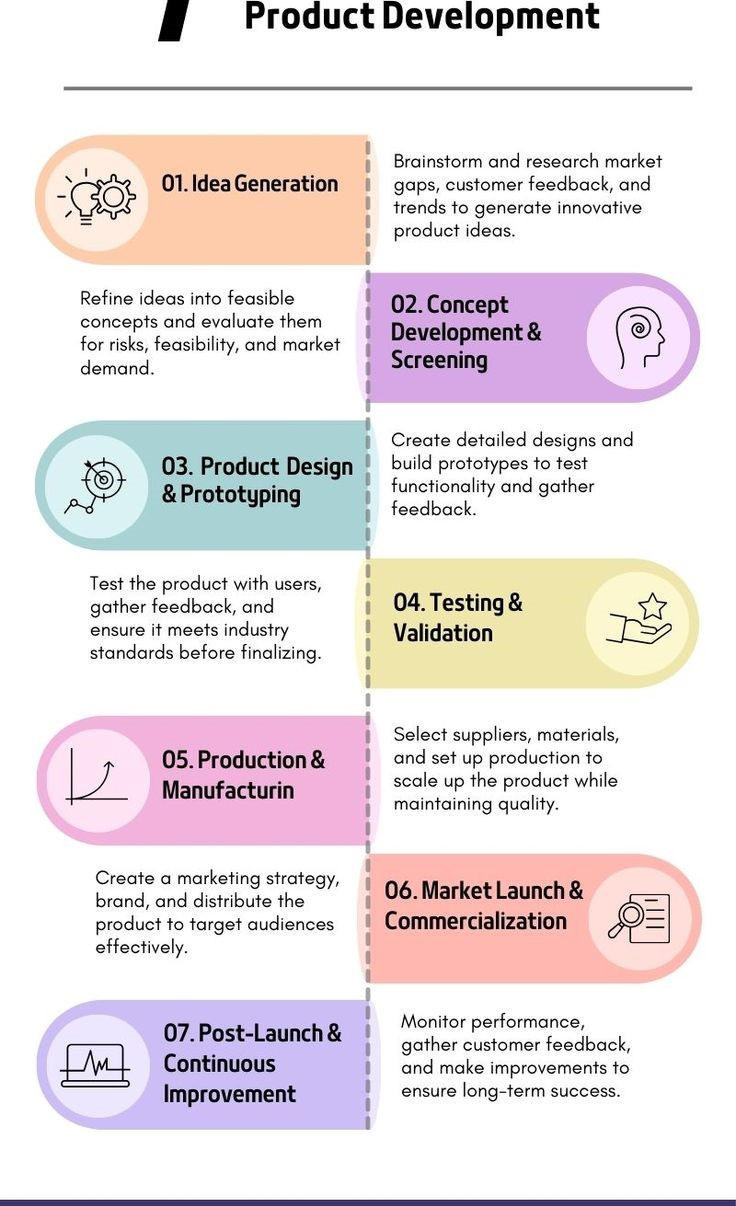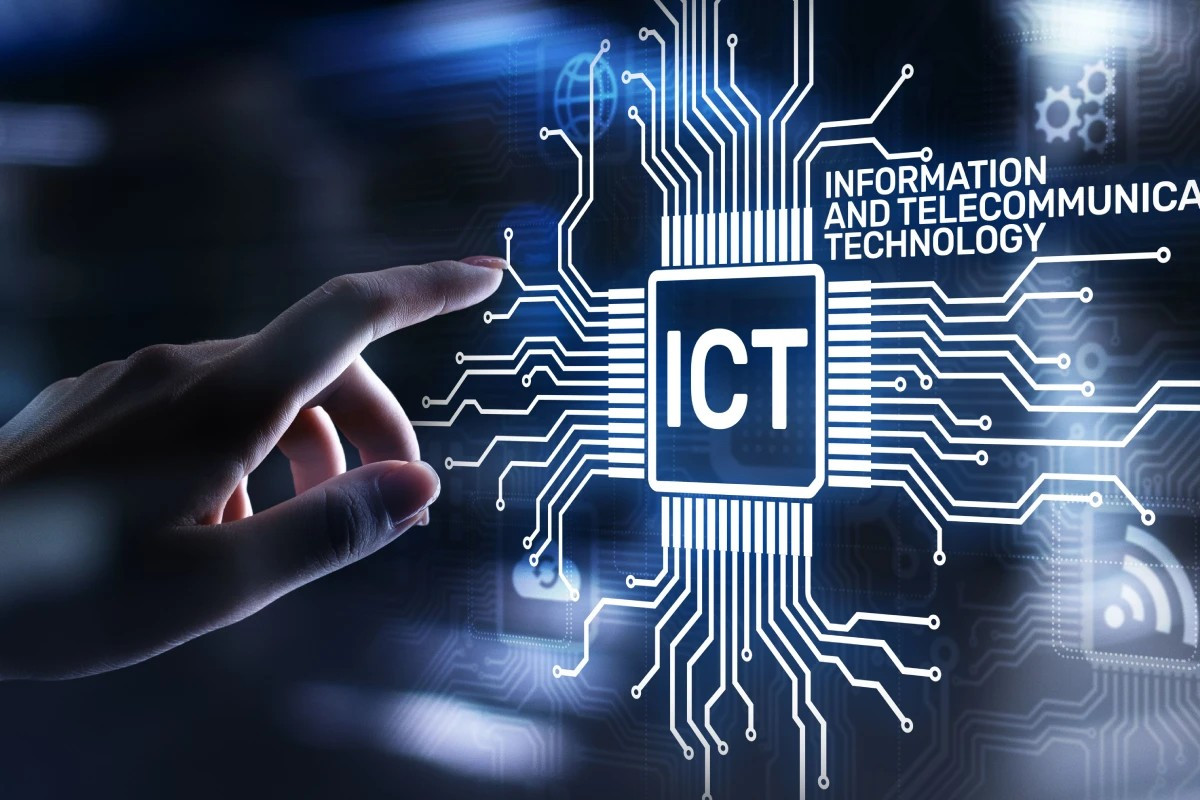
This module introduces students to the principles and practices of developing innovative and sustainable hospitality products. It covers the full product development cycle from market research and design thinking to feasibility analysis, marketing strategies, and business planning. Through case studies, creative ideation, and industry engagement, students will gain practical skills to create customer-focused hospitality solutions that respond to evolving market needs.
Module Objectives
By the end of this module, students will be able to:
-
Understand the role of innovation in hospitality product development.
-
Identify and classify different types of hospitality products and services.
-
Apply market research methods to assess customer needs and trends.
-
Use design thinking to generate and test creative hospitality solutions.
-
Evaluate product feasibility across technical, financial, and market dimensions.
-
Develop marketing strategies and business plans for new hospitality products.
LEARNING Outcomes:
Upon successful completion, students will be able to:
-
Explain key concepts of hospitality product development and innovation.
-
Differentiate between hospitality services, amenities, and experiences.
-
Conduct and interpret market research using surveys and competitor analysis.
-
Apply design thinking stages to hospitality product creation.
-
Assess feasibility and sustainability of proposed hospitality products.
-
Create and present a business plan with marketing and financial components.
- Teacher: James KAMANZI

Module Description
This module explores the dynamic field of adventure tourism, focusing on its definition, evolution, motivations, risk management, sustainability, and economic impact. Students will critically examine global and local trends, including Rwanda’s positioning in the adventure tourism market. Through case studies, fieldwork, and interactive discussions, learners will gain practical and theoretical insights into designing, managing, and promoting adventure tourism experiences.
Module Objectives
By the end of this module, students should be able to:
- Define and classify adventure tourism within the broader tourism industry.
- Analyze recent global trends and technological innovations shaping adventure tourism.
- Evaluate motivations and behaviors of adventure tourists using psychological and sociological frameworks.
- Assess risk and safety protocols in adventure tourism operations.
- Explore sustainability and ethical considerations in adventure tourism development.
- Apply adventure tourism principles to Rwanda’s tourism offerings and community-based initiatives.
- Teacher: James KAMANZI

ICT, or Information and Communication Technology, is a broad term for all the digital tools, systems, and networks used to process, store, and transmit information. It encompasses hardware like computers and mobile devices, software applications, and communication technologies like the internet, mobile phones, and television. ICT is central to modern life, enabling everything from basic word processing to global data exchange and emerging technologies like artificial intelligence.
Core components and concepts
Hardware: The physical devices, including computers, servers, smartphones, and networks.
Software: The programs and applications that run on the hardware, such as operating systems and word processors.
Information: Data that has been processed to be meaningful, which can then be stored, retrieved, and communicated.
Communication: The electronic transmission of information between devices and across networks, like the internet and mobile networks.
What ICT includes
Computers and devices: Laptops, desktops, smartphones, and other digital tools.
Networks: The infrastructure that connects devices, including wired and wireless networks, the internet, and telecommunication systems.
Software and applications: Programs for everything from data analysis to creating documents and sharing media.
Emerging technologies: Advanced fields like artificial intelligence, virtual reality, and biometrics are also considered part of ICT.
How ICT is used
Business: Manages data and facilitates communication for business operations.
Education: Used for creating and sharing content, online learning, and research.
Communication: Enables instantaneous global communication through email, social media, and video calls.
Information Access: Provides access to vast amounts of information through the internet and various digital platforms.
